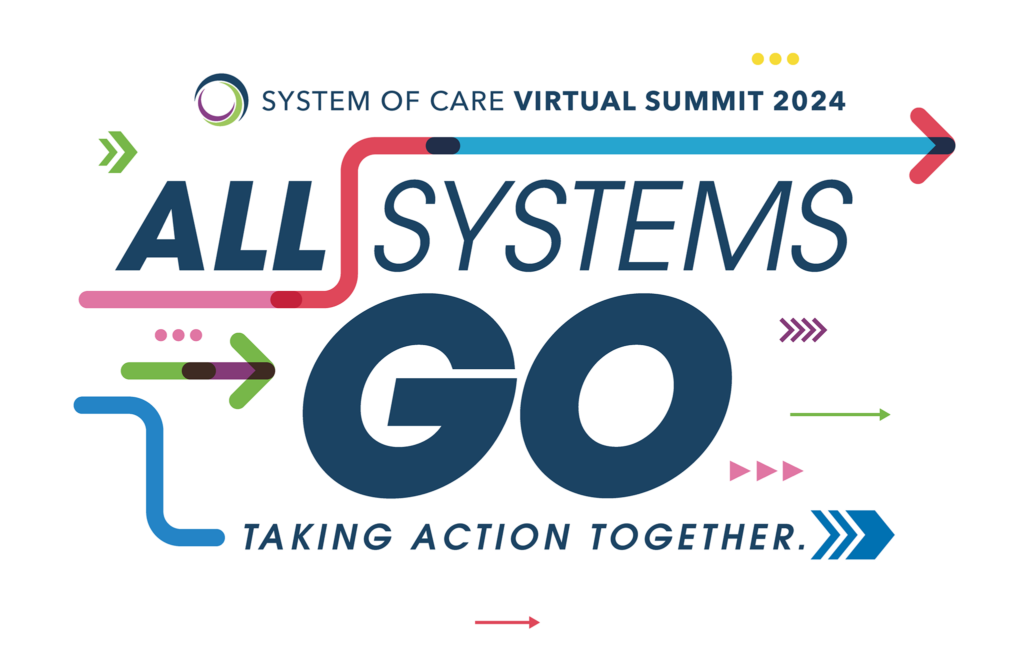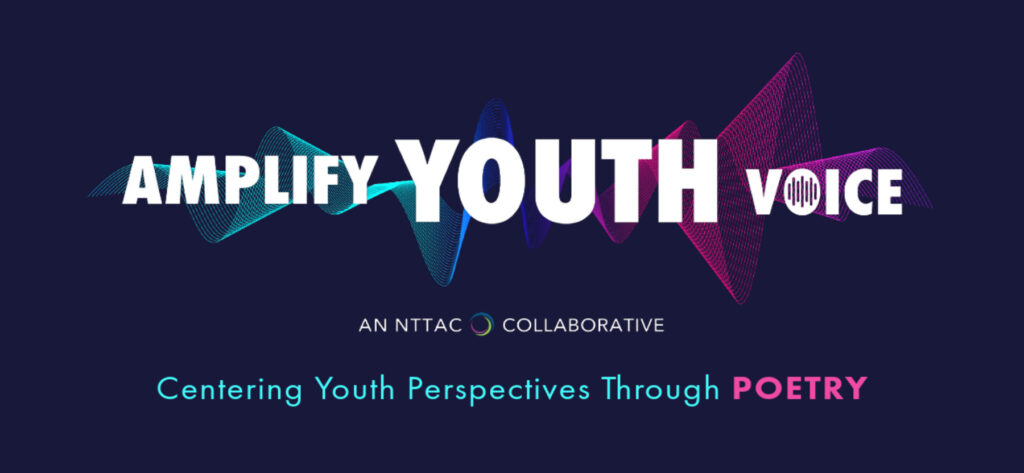
Working for the Mental Health
of ALL Children and Youth.
News & Announcements

April is Child Abuse Prevention Month
#BuildingTogether #HopefulFutures



The National Training and Technical Assistance Center for Child, Youth, and Family Mental Health (NTTAC) works to ensure all young people and families get the support they need to thrive.
NTTAC is a SAMHSA-funded initiative to increase the access to, effectiveness of, and dissemination of evidence-based mental health services for young people (ages 0-21) and their families, including young people experiencing serious mental illness or serious emotional disturbance (SMI/SED).
NTTAC supports a system of care that is trauma informed and person centered. NTTAC is committed to equity, inclusion, and diversity, and we promote authentic partnership with youth and families. Learn more about our Team.

Our Services
NTTAC services are designed for mental health professionals, primary care providers, peers, educators, systems leaders, child welfare system professionals, juvenile justice staff, advocates, and others who work with youth and families.

Training and Technical Assistance
Nationally, NTTAC provides innovative, responsive, and multimodal training and technical assistance (TTA) that supports systems-level change and advancement of evidence-based, culturally responsive practice at no cost to participants.
Get Involved
NTTAC offers a range of opportunities for different levels of engagement, interests, and learning styles. These are just some of the ways we hope to support your efforts. Whether you’re looking for a little information, more in-depth learning, or intensive assistance to advance your work—or anything in between—NTTAC services are available for you.

Resourcing
Stay up-to-date on new resources and research in the field.

Energizing
Connect with peers in your field and learn new strategies.

Growing
Deepen your professional skills with strategies that are relevant, applicable, and timely.

Building
Get support to help you build a system of care that is responsive to the needs of your region.

Sustaining
Engage in advanced learning and leadership opportunities to expand, sustain, and replicate your work.
Thank you for visiting the NTTAC website!
Are you finding what you need? Please take a moment to fill out our quick survey to help redefine the experience of the NTTAC website. Participants who provide their contact information will have a chance to win a $50 gift card. The gift card will be awarded to a randomly selected respondent after the completion of data collection.
